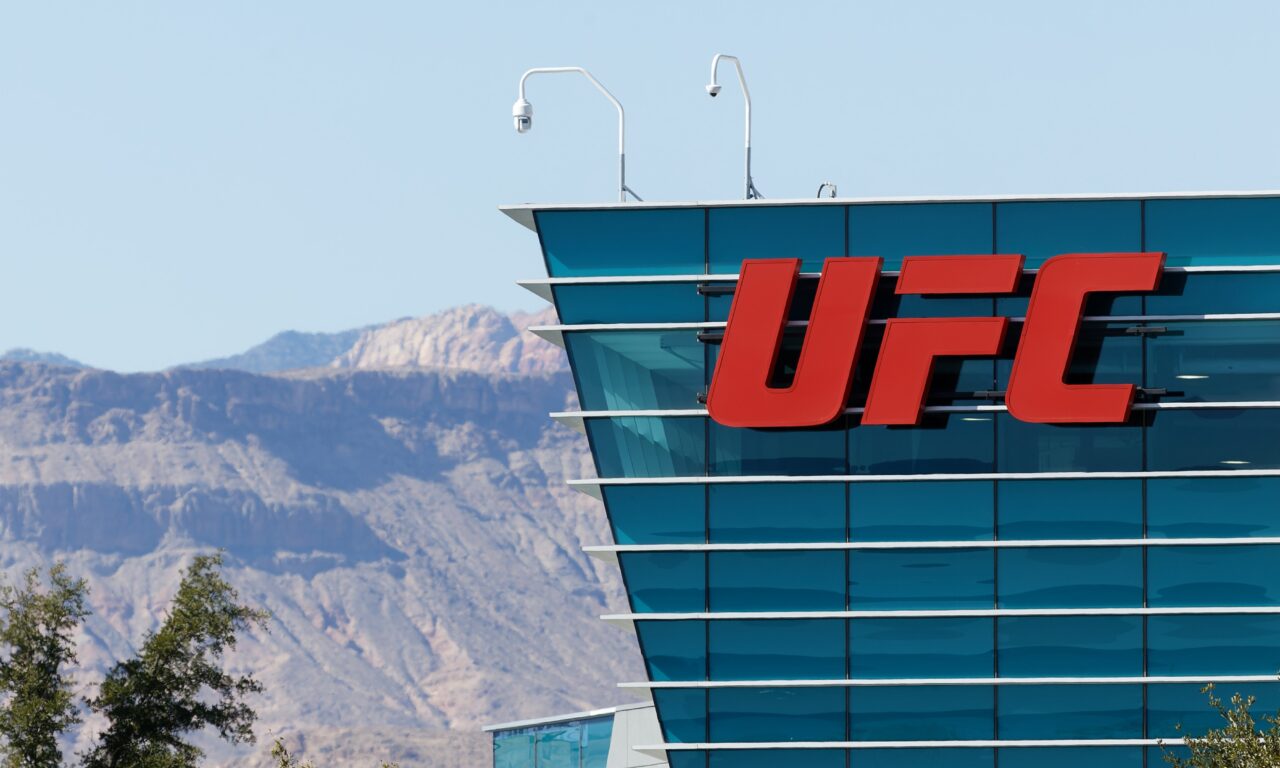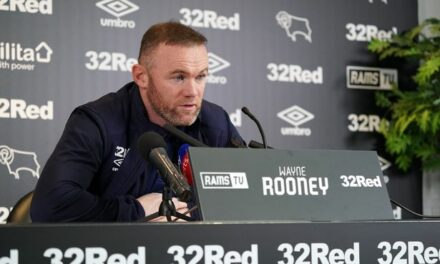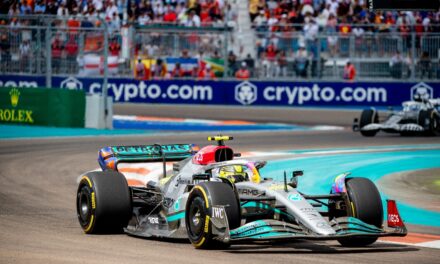What the UFC’s ‘best sponsorship year ever’ tells us about the present opportunities and risks in combat sports

In their full-year 2022 earnings call, parent company Endeavour expressed that the UFC had posted its “best sponsorship year ever in 2022, unlocking new categories and inventory to reach a fan base that grew double digits over 2021 in the U.S.” The UFC’s sponsorship success connects to the broader proliferation of combat sports in public view and sustained demand for live events following the pandemic.
Endeavour’s positive outlook for the mixed-martial arts company is well considered; the UFC’s TikTok following alone grew 55% year-over-year, with their social media accounts now projecting to an audience of over 220 million followers.
Beyond its sweeping online reach, the UFC continues to garner substantial in-person engagement. Since the lapse of COVID-restrictions on their live events, the company has sold out 29 events in a row, including all 21 for 2022. This steadfast clamour for mixed-martial arts has cemented reliability from a sponsorship perspective. Put simply, a guaranteed ‘full house’ means more accurate performance predictions and sponsorship value estimations (to say nothing of the prospects presented by ranging fan engagement platforms).
Moving into 2023, the UFC has neither cowered to nor sought to resist a burgeoning world of influencer-boxing - the remunerability of which continues to entice MMA figures including one-time Olympian Ben Askren. Indeed, when former welterweight champion Tyron Woodley hit the canvas following a punch from former Disney star Jake Paul, the company might have felt publicly undermined. Instead, they surfed the wave of popularity without being drawn out and isolated by its tide.
PRIME, The Official Global Sports Drink of the UFC as of January 31st, was founded by Logan Paul (brother of Jake) and KSI - two of the most significant cultural brokers between combat sports and the influencing world. With this partnership, PRIME catapults its brand visibility while offering in return original content to the combined 400 million social media followers worldwide. The brand activation will also see PRIME becoming the inaugural Presenting Partner of the UFC Foundation – a non-profit organization through which the two companies aim to “develop a charitable youth programme that will be administered to under-resourced communities.”
While the partnership shows ambition and a deft logic, there remains a reputational risk. Just weeks before the UFC’s ‘ground-breaking collaboration’ with Prime was announced, Logan Paul was forced to apologise for severe operational failures within his cryptocurrency game, CryptoZoo. Online investigator Stephen Findeisen, otherwise known as Coffeezilla, accused Paul of abandoning the project shortly after its launch despite substantial investments already being made. This neglect resulted in hundreds of thousands of dollars collectively lost by investors and unveiled in Paul a capacity for poor judgement, even deceit. To read more about managing reputational risk, you may be interested in this article here.
While the UFC has a history of managing and profiting from volatile characters (including Paddy ‘The Baddy’ Pimblett and The Notorious Conor McGregor), it must now, by proxy, reckon with the constant public scrutiny of its adopted influencers.
Floyd Mayweather’s recent bout with Geordie Shore star Aaron Chalmers was attended by fewer than half of the O2’s capacity and sponsors need to be wary of the additional threat of backing the wrong horse in the name of hype. The effectiveness of PRIME’s sponsorship will reside in limited reputational controversy and the expansion of fan engagement across platforms.
For the moment, Dana White & co. have positioned themselves expertly to benefit from the extensive sway of influencers without neglecting their own loyal fanbase.








